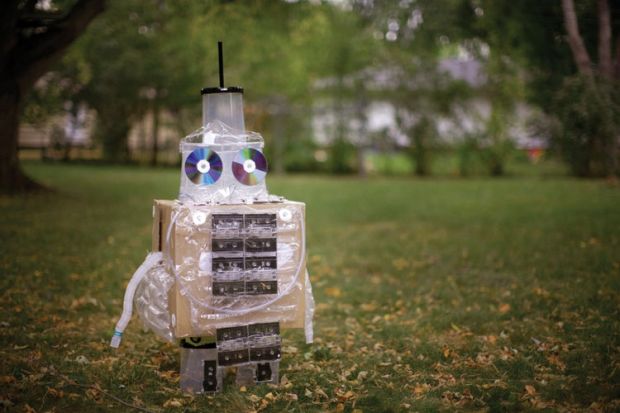Source: Getty
Cost-effective: putting a price on curiosity-driven research may be helpful
Assigning a monetary value to curiosity-driven research might help it to satisfy demands for economic impact, the former director of the Parliamentary Office of Science and Technology has suggested.
In one of seven opinion pieces published by the University of Exeter’s Jisc-funded “Describe” project, aimed at exploring the meaning and assessment of impact, David Cope says he expects his suggestion “will start the brickbats flying in my direction”.
“The relevant, recognised and desirable impacts of research, we are told repeatedly, go way beyond the purely economic. There are some things in life which cannot be measured in economic terms – and this includes many research impacts,” he writes.
But Professor Cope, who between 1998 and 2012 led the body that informs parliamentarians about science and technology issues, notes that a “monetising” approach has been pursued in recent years by environmental economists in the hope of ensuring that green assets such as national parks receive “appropriate recognition in decision-making”.
Adopted approaches – “fragile though they may be” – include examining the way proximity to environmental assets affects house prices, and investigating how much money people are prepared to pay to travel to them and to preserve them.
Professor Cope, who is also a life member of Clare Hall, Cambridge, stresses that monetisation could not capture all the value of curiosity-driven research, and concedes that the analogy with environmental policy may be flawed.
But he notes that in its attempts to justify the economic impact of research, the Arts and Humanities Research Council – whose literature “sometimes suggests that it is really desperate to demonstrate impact” – inevitably concentrates on the research it funds in heritage, archaeology and museums, which feed into fee-charging exhibitions.
He was uncertain how to assign monetary value to the “greater knowledge about ninth to thirteenth century Norse society” brought about by researching “Reward and Betrayal in the Völsunga saga”.
“I fall back on suggesting some modest research exploration. However, I would also caution that, were such a study to be conducted, the researchers should constantly bear in mind [Oscar] Wilde’s Picture of Dorian Gray and its famous epithet about knowing the price of everything and the value of nothing,” he says.
The Describe project published its final report in May. Among its conclusions was a suggestion that institutions include impact in job descriptions and promotion criteria.
Register to continue
Why register?
- Registration is free and only takes a moment
- Once registered, you can read 3 articles a month
- Sign up for our newsletter
Subscribe
Or subscribe for unlimited access to:
- Unlimited access to news, views, insights & reviews
- Digital editions
- Digital access to THE’s university and college rankings analysis
Already registered or a current subscriber? Login




